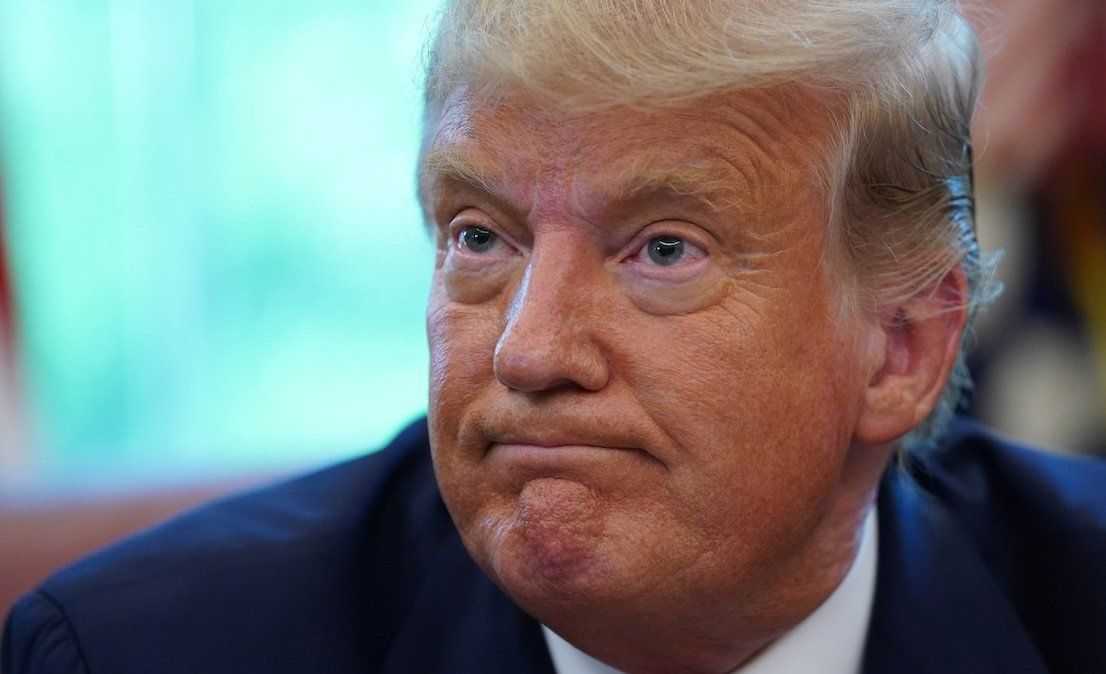The relevant foreign leaders are having none of it. Greenland remains a part of Denmark, though it has governing autonomy on many issues, and Denmark is a member of the European Union. In response to Trump’s latest salvo, French Foreign Minister Jean-Noël Barrottold French radio “there is obviously no question that the European Union would let other nations of the world attack its sovereign borders.”
Panama's Foreign Minister Javier Martínez-Achasaid Tuesday that “the only hands operating the Canal are Panamanian and that is how it is going to stay.” The US managed the Panama Canal for decades until a treaty signed by the late US President Jimmy Carter in 1977 gave Panama full control in 1999.
And Canada’s outgoing Prime Minister Justin Trudeau said that Trump’s suggestion that the US and Canada should be part of a single country didn’t have "a snowball's chance in hell" of happening.
The odds of Trump accomplishing any of those goals is minuscule. His bargaining, in business and in politics, has always begun with startling demands meant to shock and awe the other side into concessions. But now other governments know that – and they’re more likely than during his first term as president to meet his blunt challenges with blunt responses.
